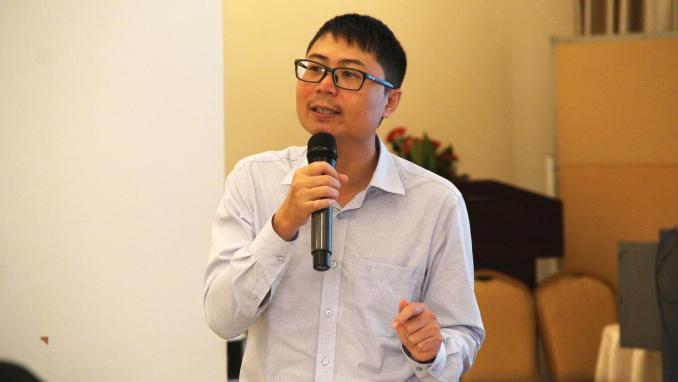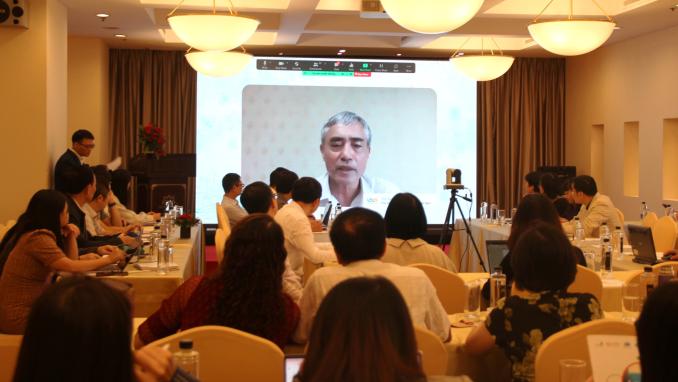
100% of ministries, branches, and local agencies now have portals/websites
Vietnam has made remarkable progress in enhancing its digital infrastructure, with all ministries, branches, and local agencies now having portals or websites. This achievement has resulted in time and cost savings while improving transparency and efficiency within state agencies.
However, a recent review indicates that 80% of provincial portals have an average user retention rate of only 2.79 minutes. This finding was shared during a workshop titled "Promoting information provision and interaction between people and local authorities through portals/websites of state agencies" held on November 30.
Experts believe that for Vietnam to achieve a position among the top 50 countries in the United Nations e-Government Index by 2030, it is crucial to improve digital information, e-consultation, and participation in e-decision making.
Mr. Nguyen Minh Hong, Chairman of the Association Vietnam Digital Media, emphasized the importance of placing people at the center of the provision of information and online public services by state agencies. He referred to it as an "information service" for the people.
During the workshop, various models were shared that have brought notable changes in people's access to information and interaction. One such model involved searching for information on the websites of local authorities. Social organizations at the grassroots level, such as the Consultative and Research Center on Natural Resources Management with FORLAND, The Center for Development and Integration with the Mineral Union, the Center for Environment and Community Research with the Clean Water Alliance, presented their research findings and reports through a research presentation by the Center for Education Promotion and Empowerment of Women (CEPEW).
The workshop was jointly organized by the Vietnam Digital Communication Association (VDCA) and the Institute for Policy Research and Media Development (IPS). The main objective of the workshop was to introduce policies and foster knowledge sharing among state agencies, research institutes, social organizations, and the general public. The focus was on promoting the provision of information, online public services, and facilitating interactions between citizens and authorities through online platforms.
The workshop witnessed the participation of representatives from various government bodies and departments, including the Department of Information and Communications, the Department of Justice, and the Provincial People's Committee Office from all 63 provinces and cities. Additionally, representatives from the Ministry of Information and Communications, the Ministry of Home Affairs, the Ministry of Justice, the Ministry of Culture, Sports and Tourism, the Government Office, the Central Committee of Vietnam Fatherland Front, the Institute of Leadership and Public Policy - Ho Chi Minh National Academy of Politics, the Institute for Legislative Studies - National Assembly Standing Committee, as well as other social organizations, were also in attendance.

